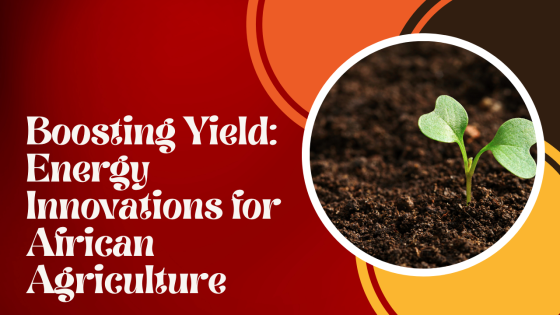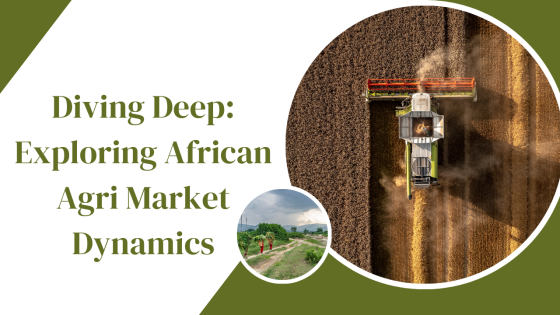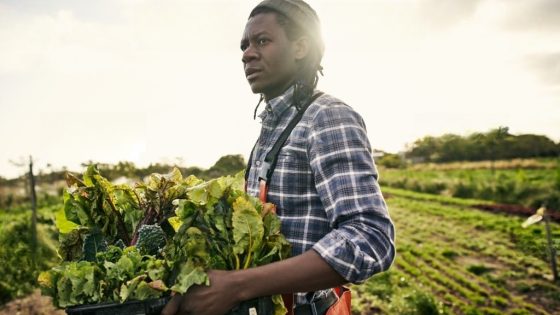
An opportunity for a More Eco-Friendly Tomorrow
Sustainability in South African agriculture has gained prominence in recent years. The necessity to preserve agriculture as a sustainable economic sector for future generations is largely responsible for this shift in attitude and practise.
Organic farming
Organic farming is a major sustainable agriculture movement in South Africa. Natural fertilisers and insect control strategies are used in this farming technique. Organic farming is gaining popularity as a means to improve soil quality, increase crop yields, and cut down on harmful emissions. Although many crops in South Africa are farmed in places that are susceptible to drought and other environmental issues, organic farming has become increasingly significant in the country.
Regenerative agriculture
Regenerative agriculture is another trend in South African farming that is good for the environment. This method of farming emphasises actions that increase biodiversity and carbon sequestration to better the soil. Planting cover crops, decreasing tillage, and incorporating livestock into soil health management are all examples of such strategies. Aside from boosting farm output, regenerative agriculture is also touted as a means of lowering negative effects on the natural world.
Agroforestry
Sustainable farming practises in South Africa also include agroforestry. Trees and bushes are included into agricultural landscapes as part of this method. The trees and bushes can be used to shield crops from the sun, to stop soil from washing away, and to generate extra cash by being cut down and sold. Agroforestry is especially crucial in the dry regions of the Northern Cape and the Eastern Cape of South Africa, where soil deterioration is a major problem.
precision farming
Another movement towards more eco-friendly farming in South Africa is the rise of precision farming. Fertilizer and water are only two examples of the inputs that can be applied more precisely with the help of modern technologies like global positioning systems (GPS) and drones. Precision farming helps farmers lessen their negative effects on the environment and boost their output by cutting down on waste and increasing efficiency.
Enabling sustainability in South African agriculture
The need to strike a balance between environmental concerns and economic viability is one of the main obstacles to sustainable farming in South Africa. When trying to implement sustainable techniques, which may include additional investments in equipment or changes to traditional farming operations, it can be difficult for many farmers to do so due to financial constraints.
Sustainable farming, however, has a lot of potential in South Africa. The nation’s agricultural sector is well-developed, and it boasts a robust research community dedicated to the promotion of environmentally friendly farming methods. Moreover, there is a sizable market of people who are prepared to pay more for responsibly farmed products.
In addition, the government of South Africa has launched a variety of programmes and initiatives to encourage environmentally friendly farming practises. The Department of Agriculture, Land Reform, and Rural Development, for instance, runs a number of initiatives to help farmers of all sizes adopt more environmentally friendly methods of production. It’s possible that the government’s pledges to cut carbon emissions and boost renewable energy will have major effects on farmers’ ability to practise sustainable agriculture.
As a whole, sustainable farming is a growing movement in South Africa that could boost the agricultural sector’s output and longevity while also protecting the local ecosystem. By using methods like organic farming, regenerative agriculture, agroforestry, and precision farming, farmers in South Africa can help make sure that agriculture stays a viable and productive industry for future generations.




















